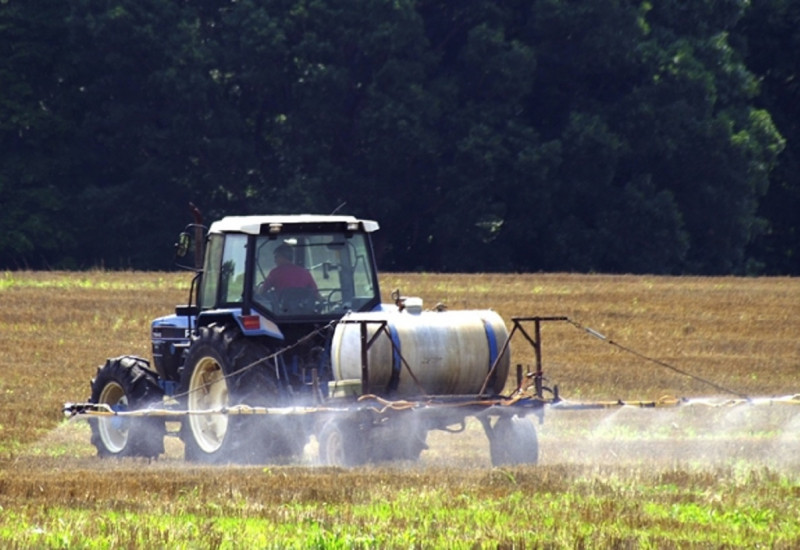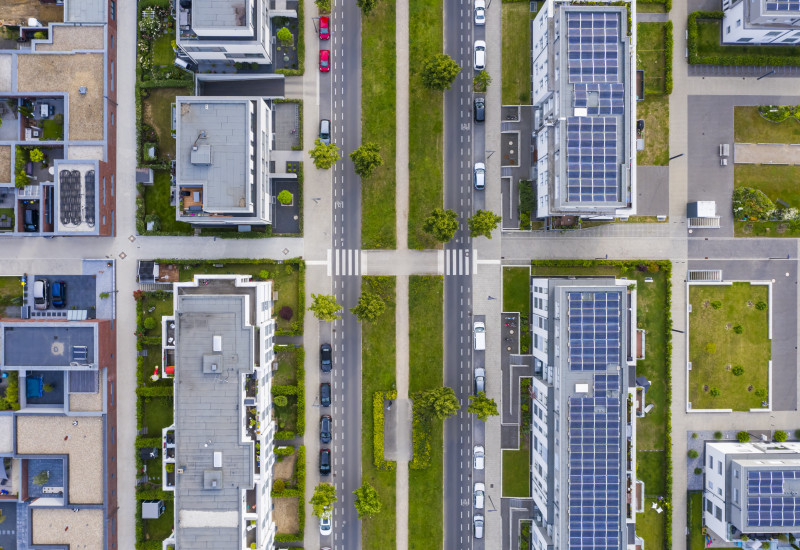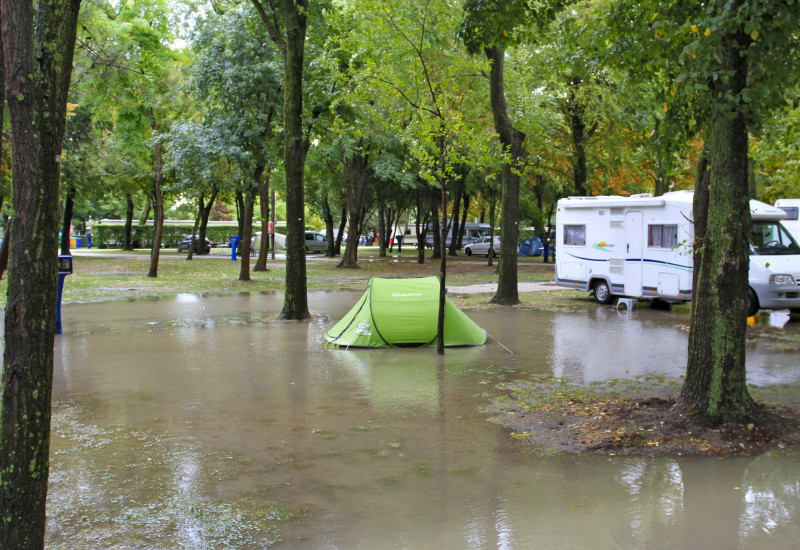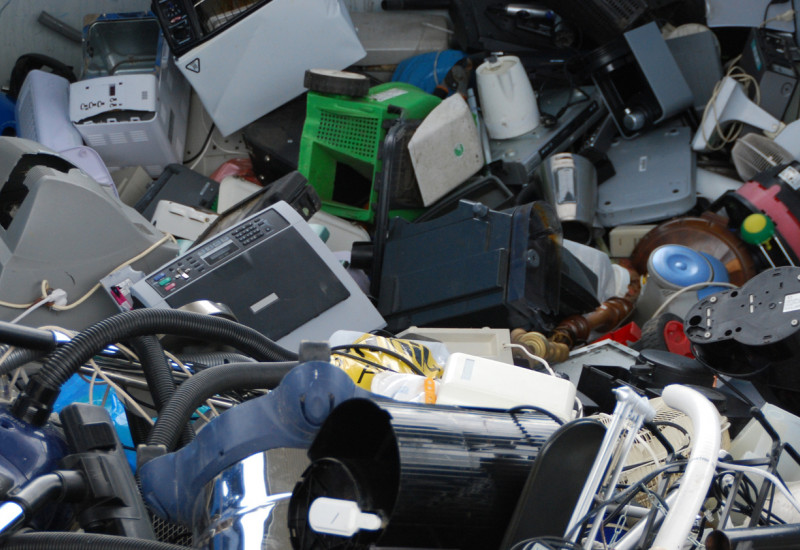The construction sector is the second-largest consumer of plastics with a volume of some 2.6 million tonnes used in 2017. However, proper guidelines for the recycling of plastic building products are still lacking, and recycling volumes are not recorded adequately. read more
Promoting plastics recycling in the construction sector









